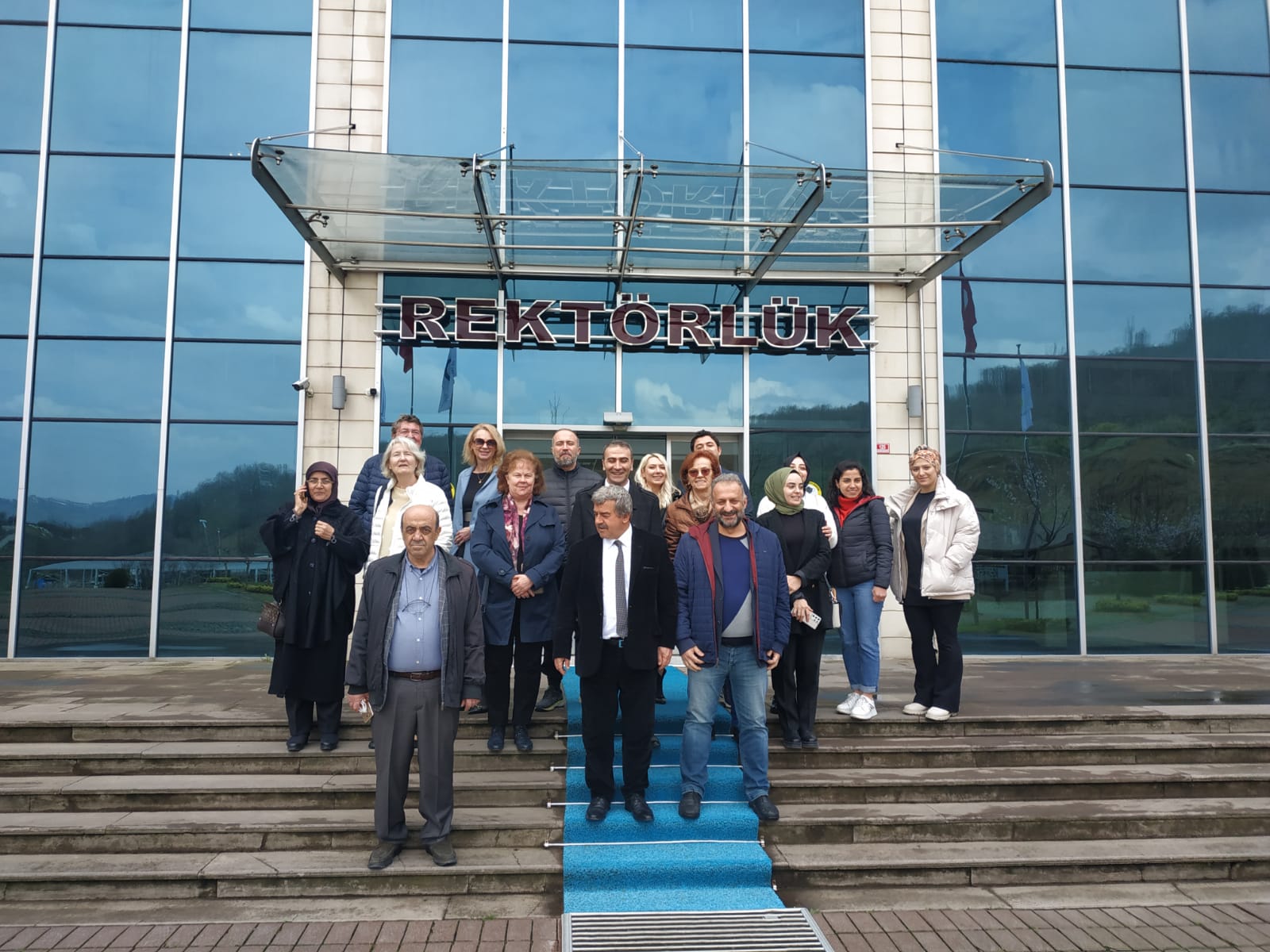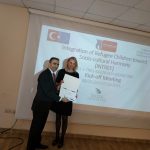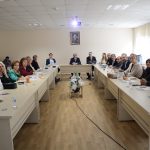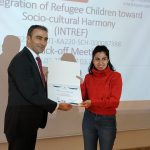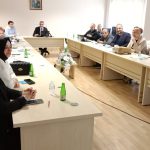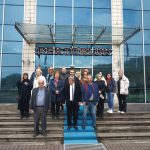The kick-off meeting of the international project titled “Integration of Refugee Children towards Socio-Cultural Harmony”, which was carried out by our University, was hosted by Düzce University on 06-07 March 2023.
The meeting was held at the Faculty of Arts and Sciences Dean’s Meeting Hall and chaired by our Vice Rector Prof. Dr. İlhan Genç; Project Coordinator Prof. Dr. Metin Kılıç, who is a faculty member of the Department of Sociology of the Faculty of Arts and Sciences, and project partners Bolu Abi. Metin Kılıç, project partners Bolu Abant İzzet Baysal University, Disadvantaged Groups Understanding and Social Support Association (DEGDER), Spoluprácou Pre lepšiu Budúcnos (SPLB), EureCons Förderagentur Gmbh (ECF), Univerza V Mariboru (SI), Necmettin Erbakan University and Mecidiye Primary School.
Delivering the opening speech of the project meeting, Vice Rector Prof. Dr. İlhan Genç stated that our University has many international projects as well as national projects. Prof. Dr. Genç expressed his satisfaction for hosting foreign academicians and academicians of our country in the project “Integration of Refugee Children in the Direction of Socio-Cultural Harmony” at our University and stated that as a University, they care and support the international projects developed by our academicians. Speaking to the academicians involved in the project, our Vice Rector Prof. Dr. İlhan Genç ended his speech with the wish that the project would be successful.
Expressing his views on the project, Project Coordinator Assoc. Prof. Dr. Metin Kılıç stated that the Erasmus+ KA220 project, which will last for 2 years under the coordination of Düzce University, aims to develop innovative, modern and freely accessible educational materials at national and international level in Turkey and EU countries in partnership with universities and institutions from Turkey, Germany, Slovenia and Slovakia. She also stated that the project aims to determine the international standardization of needs and requirements to solve the social adaptation problems of refugee students and to ensure meaningful and long-term cooperation between schools, universities, government and non-governmental organizations.
